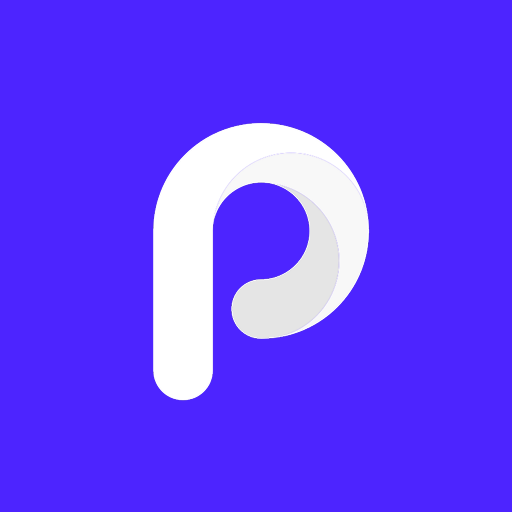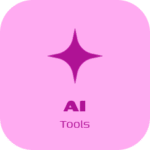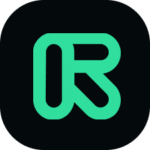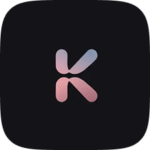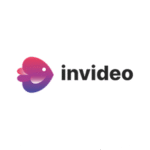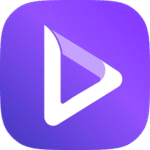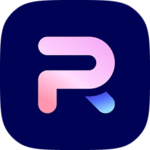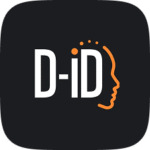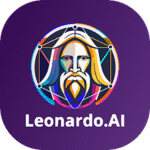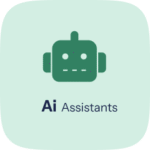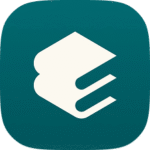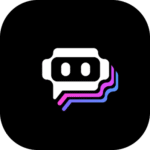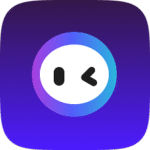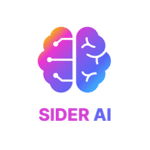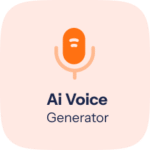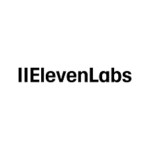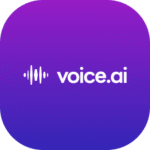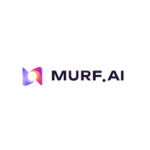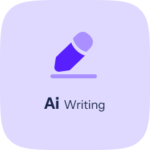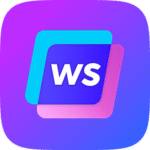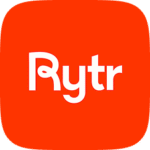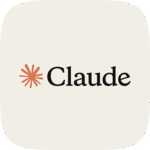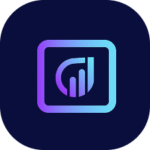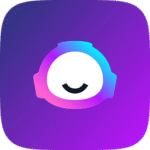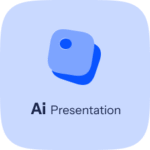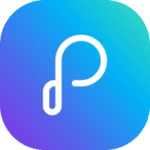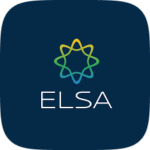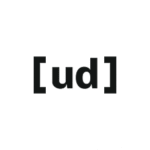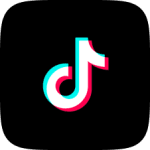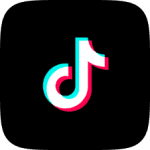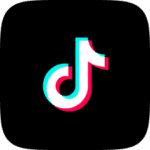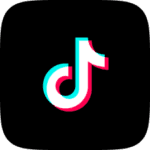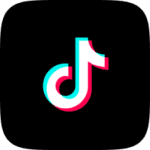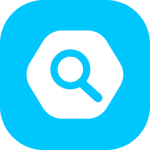Empowering Learning with AI: Transforming Education for Today’s Students
In today’s dynamic academic environment, excelling in coursework and managing university projects requires more than traditional study methods. With the rise of artificial intelligence (AI), students now have access to powerful tools that boost productivity, support research, and enhance creativity. From AI writing assistants and smart research platforms to coding bots and task managers, there’s an ideal digital tool for every academic need. If you’re looking for the top AI tools for students and university projects, this guide explores the most impactful solutions to help you study smarter, write better, and complete projects efficiently—no matter your field of study.
How Is AI Revolutionizing Student Learning?
Artificial Intelligence is no longer limited to tech companies—it’s actively reshaping how students study, collaborate, and manage their academic responsibilities. AI-powered tools provide intelligent support across numerous domains: personalized learning assistance, proofreading, real-time translation, plagiarism detection, and even tutoring systems. These tools act as accelerators, not replacements, for hard work—helping students achieve more in less time by tailoring the learning process to individual needs. Whether it’s streamlining research or organizing group projects, AI is fundamentally changing educational experiences for the better.
What Are the Main Benefits Students Get from AI?
- AI tools simplify tasks like research, writing, coding, and preparing presentations.
- Students save valuable time and stay focused, improving both efficiency and academic performance.
- AI encourages creative thinking and personalization in university-level assignments.
- These tools are versatile—benefiting students in STEM, humanities, business, design, and beyond.
Top AI Tools Students Should Explore
1. ChatGPT – Your All-in-One Assistant for Writing, Studying & Problem Solving
Built by OpenAI, ChatGPT supports students by helping them brainstorm ideas, structure essays, generate research questions, and even debug code. Its versatility is unmatched—from simplifying academic articles to creating interview scripts or explaining complex concepts.
Want affordable access? Consider buying ChatGPT with crypto or shared subscriptions on platforms like Ploonad—an ideal solution for budget-conscious learners.
2. Grammarly – Smart Editing for Academic Excellence
Grammarly uses NLP (Natural Language Processing) to enhance writing. It corrects grammar and tone, and even identifies plagiarism, making it indispensable for polishing academic essays. ESL (English as a Second Language) students also find it especially helpful in refining their communication style and professional writing.
3. Notion AI – Intelligent Organizing & Collaboration Tool
Notion AI blends flexible note-taking, task management, brainstorming, and content generation in one place. Students use it for semester planning, assignment tracking, and team collaboration. Its AI removes overwhelm by automating repetitive tasks and streamlining project workflows.
4. QuillBot – Paraphrase Smarter, Not Harder
QuillBot helps students rewrite content without triggering plagiarism detectors. It enhances vocabulary, optimizes clarity, and keeps your meaning intact—ideal for thesis writing and reference handling. Additional features like summarizing and citation generation extend its usefulness.
5. Mendeley – Smarter Reference & Research Hub
Mendeley offers a smart way to manage academic references—letting students organize sources, format bibliographies, and discover new papers through AI-powered recommendations. Collaborative tools make it perfect for group projects and graduate-level research.
Highlights from This Section
- ChatGPT and Grammarly support better writing and faster idea development.
- Mendeley and QuillBot simplify research and paraphrasing tasks.
- Notion AI boosts planning, productivity, and team collaboration.
AI Tool Comparison: Which One Suits You Best?
| AI Tool | Core Features | Price | Student Benefits |
|---|---|---|---|
| ChatGPT | Writing help, coding assistant, content ideas | Free / Pro from $20/mo | Quick answers, academic chat, coding support |
| Grammarly | Grammar, tone check, plagiarism detection | Free / Premium from $12/mo | Fluent writing, improved clarity and tone |
| Notion AI | Note-taking, planning, AI-generated content | Free / AI add-on $10/mo | Organized projects, automated templates |
Case Study: AI in a Senior Engineering Project
In a capstone renewable energy project, mechanical engineering student John used ChatGPT to handle technical documentation and Notion AI for team scheduling. Grammarly fine-tuned the final report. The project scored top marks and was published in the university’s research journal—showcasing a 3x increase in team efficiency thanks to AI integration.
Key Stats: AI Adoption in Higher Education
- 67% of U.S. university students used AI tools in 2023 to support academic tasks. (Educause)
- Average assignment time dropped by 35% for students using AI, with better concept retention. (PwC)
What Pitfalls Should Students Avoid When Using AI?
- Don’t rely exclusively on AI—always review and personalize outputs.
- Use specific prompts for better, more relevant responses.
- Be mindful of privacy—avoid entering sensitive or proprietary data.
- Don’t operate tools in isolation—combine them where possible.
AI in Education: Debunking Common Myths
| Misconception | Reality |
|---|---|
| AI tools are only useful for tech majors. | Students in law, arts, business, and design benefit equally. |
| AI support equals cheating. | AI usage is ethical when used for learning and editing support. |
| AI answers are always correct. | All AI outputs should be cross-checked and edited for accuracy. |
Real Student Experiences
Katie (Linguistics): “ChatGPT helped break down syntax patterns—I shaved weeks off my writing timeline.”
Ravi (MBA): “Grammarly’s clarity checker gave my reports a professional edge.”
Sophie (UX Designer): “Ploonad gave me cheap access to ChatGPT—perfect for creative sprints and ideation.”
AI Starter Checklist for Students
- Identify your academic goals—writing, study planning, coding?
- Test free versions (Grammarly, ChatGPT, Notion AI) before upgrading.
- Use student-friendly services like Ploonad to access paid tools affordably.
- Incorporate AI into daily routines (drafts, outlines, revisions).
- Measure your academic progress—track improvements in productivity and grades.
- Stay informed about privacy policies before sharing any academic data.
Expert Advice on Using AI Wisely
Start using AI early in the semester to build consistent habits.
Mix and match tools—combine ChatGPT’s content with Mendeley’s references.
Always fact-check generated outputs to maintain academic credibility.
Browse student discussion boards to find tool hacks and prompt themes.
What Does the Future Hold for AI in Higher Education?
Education is heading toward hyper-personalization—AI will soon offer real-time language tutors, VR-integrated learning, and deeply optimized learning paths via LMS plugins. Universities are also trialing internal AI systems to enhance online and in-person learning. As tech and academics merge, staying updated on AI tools isn’t just helpful—it’s a must for staying competitive.
Go-To AI Resources for Students
- AI for Everyone – Coursera (Andrew Ng)
- Zotero – Free Citation Tool
- EduBirdie AI Tool Guide
- OpenAI ChatGPT Plugins
FAQ – Your Questions Answered
1. What are the top AI tools students should use?
Key tools include ChatGPT (for asking questions and writing), Grammarly (for editing), QuillBot (for paraphrasing), Notion AI (for organizing), and Mendeley (for referencing).
2. Is using ChatGPT for assignments considered unethical?
If used to understand and rephrase in your own words, it’s ethical. Directly copying answers is not recommended.
3. Can AI help with teamwork assignments?
Yes—ChatGPT and Notion AI support idea generation, role definition, and communication.
4. Is Grammarly Premium worth the investment?
For frequent academic writing, Premium offers advanced tone, clarity, and grammar tools that are worth it.
5. Do any AI tools work offline?
Some desktop apps like Grammarly offer limited offline features, but most powerful tools require connectivity.
6. How can I automate citation and references?
Use Mendeley or Zotero to generate citations and format references with ease.
7. What’s a good AI-based tool for taking smart notes?
Notion AI is highly recommended for integrated note-taking, outlining, and summarization.
8. How do I study faster using AI?
AI summarizers and explainer bots like ChatGPT reduce reading load and help you grasp topics quicker.
9. Is QuillBot better than Grammarly?
Both serve different purposes—Grammarly is for editing, QuillBot for rewriting. Use them together for best results.
10. Can AI tools aid in thesis development?
Yes—AI helps with structure, drafting, research validation, and citation, accelerating your writing workflow.
11. Are there data security concerns with AI?
Always check privacy policies. Never input sensitive or unpublished research data into unknown tools.
12. Which AI tool supports coding coursework?
ChatGPT and GitHub Copilot are excellent for programming assignments, explanations, and code reviews.
13. How does Ploonad help students access AI tools affordably?
Ploonad offers low-cost shared accounts for tools like ChatGPT, available via crypto and secure checkout.
14. Can AI detect plagiarism?
Yes. Grammarly Premium and platforms like Turnitin now use AI to flag copied or reworded content.
15. Is it safe to buy AI tools with crypto?
On trusted platforms like Ploonad, yes—it’s a secure, fast option for students preferring digital payments.
16. What’s a good AI tool for design majors?
Canva’s AI tools and Adobe Firefly are excellent for creative assignments, mockups, and visual portfolios.
17. How accurate are AI tools?
AI tools are fallible. Always cross-check important info with trustworthy academic sources.
18. Are there AI tools for managing deadlines?
Notion AI and Motion offer smart planners that suggest timelines and prioritize tasks automatically.
19. Are free AI versions effective?
Mostly yes—but premium versions offer advanced features, more accurate models, and added customization.
20. How do I start using AI in my studies?
Begin with one tool that solves a problem you face—whether it’s writing, coding, or organization—and build from there.
Conclusion: Let AI Elevate Your Academic Journey
AI in education is more than a tech trend—it’s a fundamental shift in how students learn, create, and achieve. By embracing the top AI tools for students and university projects, you open doors to boosted productivity, inspired learning, and sharp academic performance. Whether you’re drafting an essay, decoding a complex assignment, or managing group deadlines, tools like ChatGPT, Grammarly, Notion AI, and Mendeley are your reliable academic partners. Ready to elevate your education? Explore smart, budget-friendly access on platforms like Ploonad and let AI become your study sidekick from today.
